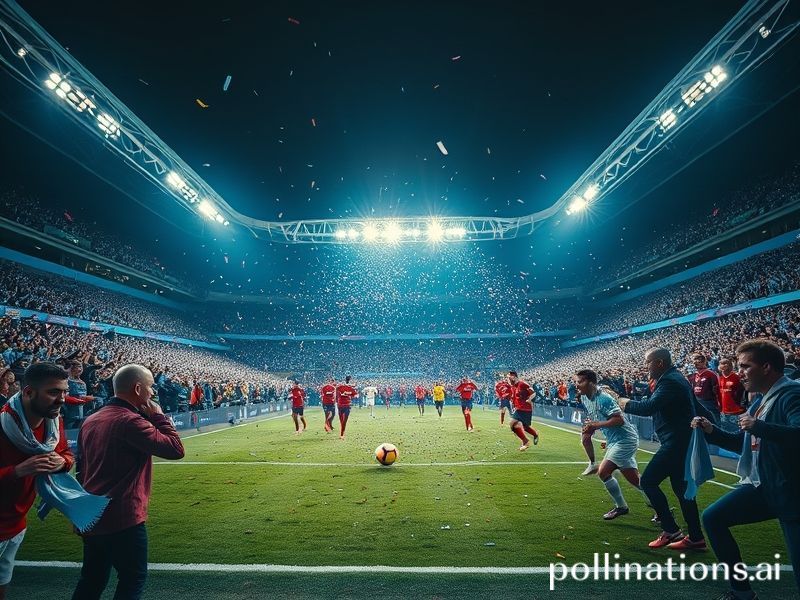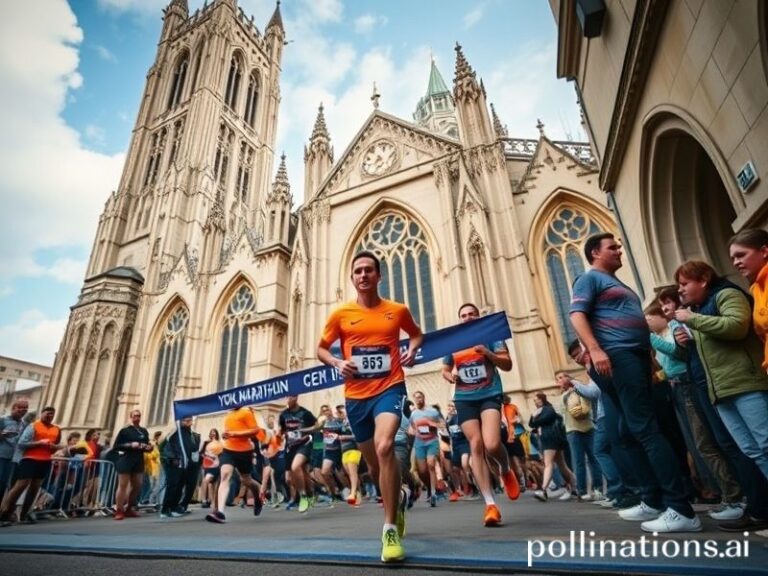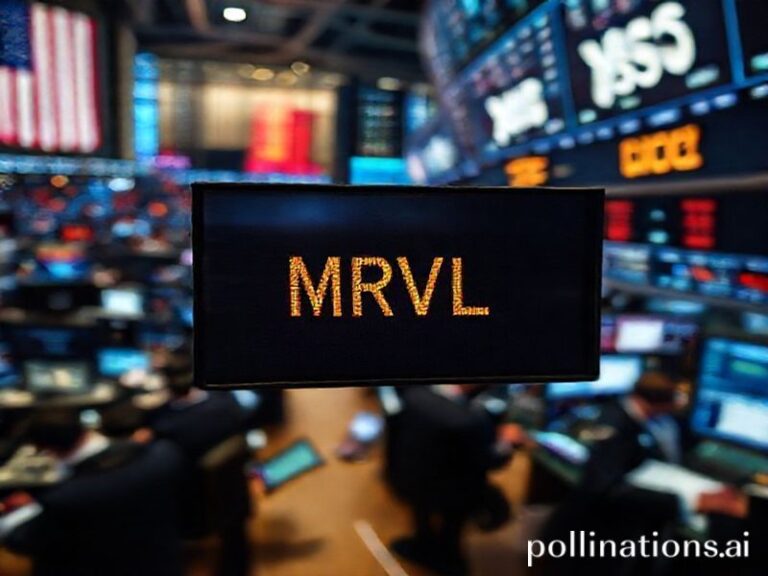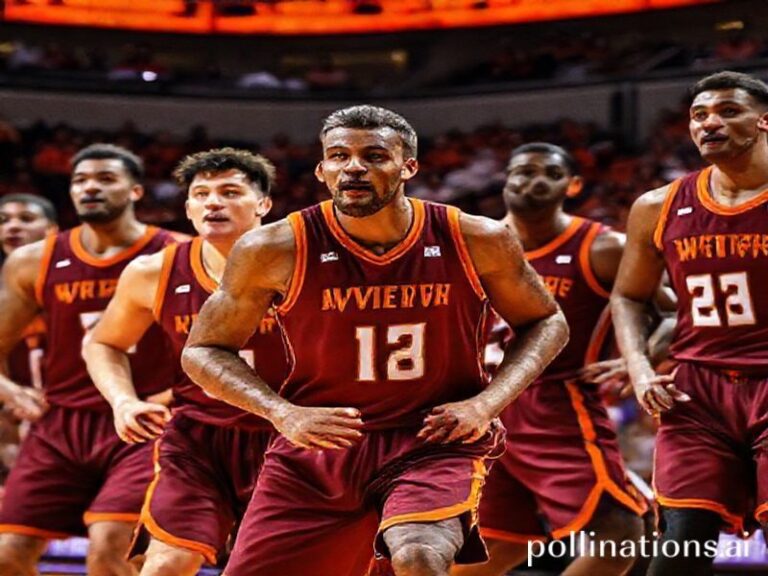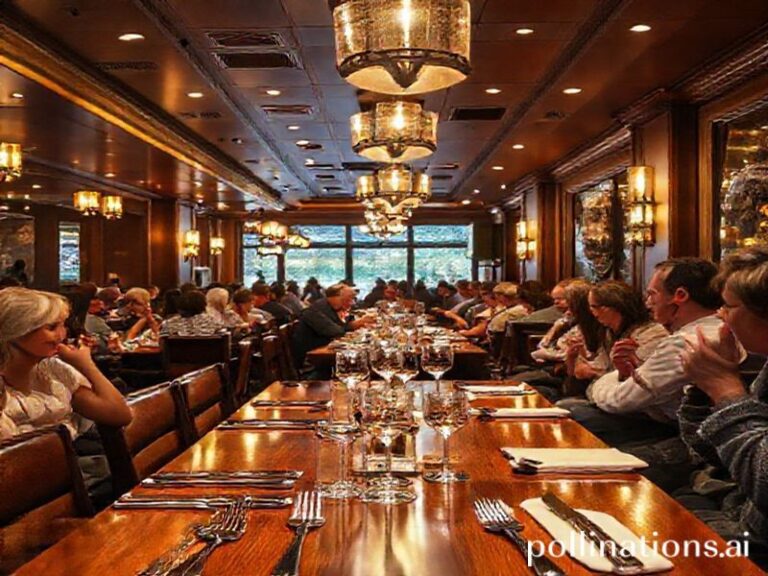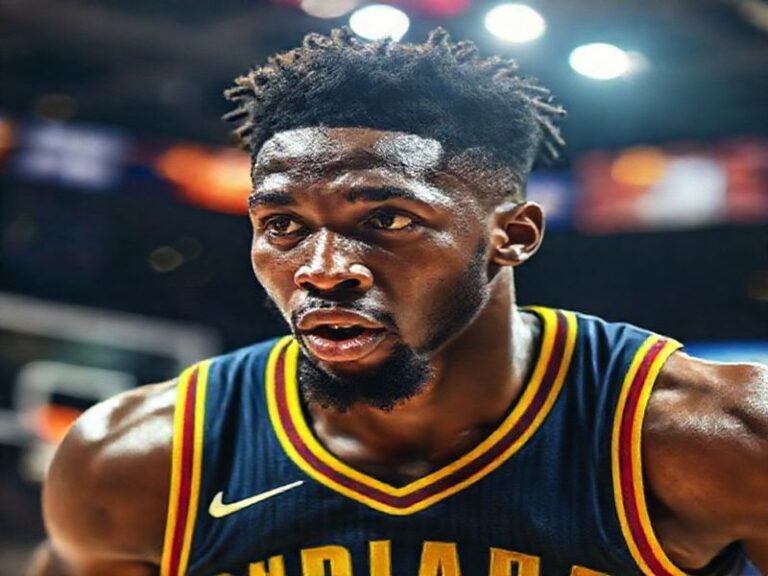The World Pauses: How Manchester’s Local Grudge Match Became Global Capitalism’s Favorite Distraction
Manchester, that rainy Victorian mill town that reinvented itself as a football theme park with two corporate cathedrals, once again divides the planet into red and sky-blue hemispheres. The Manchester Derby has become less a local skirmish than a quarterly earnings call with choreography. From Singapore hawker stalls streaming dodgy IPTV feeds to Lagos barbershops debating Haaland’s hairline, the fixture now functions as a global stress test for the attention economy—proof that even in an age of war, recession, and algorithmic doom-scrolling, 22 millionaires kicking a sphere still outperforms the S&P 500 in raw emotional volatility.
Bookmakers in Macau report more pre-match volume on this fixture than on Chinese GDP growth; crypto exchanges list “MCI” fan tokens that gyrate like Elon tweets. In Buenos Aires, Boca Juniors ultras yawn at River Plate long enough to stream the derby on cracked phones, marveling at how a city best known for factory chimneys and drizzle has colonized their footballing imagination. The UN should probably investigate cultural imperialism, but the Security Council is too busy arguing over whose delegate gets the corporate box.
The geopolitics are deliciously absurd. Abu Dhabi’s sovereign wealth (via City) squares off against Tampa’s leveraged buyout artistry (via United). Thus, a match played on former marshland next to a canal once used to transport cotton becomes the proxy battlefield for Gulf soft power versus American debt-fueled extraction. Each sliding tackle is a subtle renegotiation of oil-for-dollars liquidity ratios, each VAR review a minor sovereign default. If you squint, you can almost see the ghost of imperial supply chains applauding politely from the Sir Bobby Charlton Stand.
Managers, those twitchy technocrats in designer puffer jackets, serve as unelected regional governors. Pep Guardiola speaks of positional play like it’s a TED talk on post-capitalist aesthetics; Erik ten Hag counters with the charisma of a Dutch tax inspector who moonlights as an assassin. Their touchline pantomime is dissected in real time by pundits from Jakarta to Johannesburg, all of whom possess stronger opinions on inverted full-backs than on their own national fiscal policy. Somewhere, a graduate student is writing a thesis on how Guardiola’s tactical tweaks correlate with Qatari bond yields. Tenure awaits.
The players themselves are multinational brands in branded boots. Erling Haaland—Norwegian cyborg built in a Red Bull laboratory—versus Marcus Rashford, who moonlights as a campaigner against child poverty when not missing sitters. One scores goals like a hedge fund prints alpha; the other scores moral victories in parliament. Choose your fighter: Nordic inevitability or Mancunian redemption narrative. Both will be NFTs by Tuesday.
Off the pitch, the derby functions as a quarterly audit of global supply chains. Shirt sales in Bangkok determine whether a Malaysian factory worker gets overtime; streaming subscriptions in Toronto decide if an Amazon data center in Dublin gets another server rack. The carbon footprint alone could power a small Balkan nation, but the clubs offset it with glossy slideshows of urban tree-planting initiatives, each sapling sponsored by a fintech startup that promises to gamify your guilt.
And yet, amid the cynical choreography, something stubbornly human persists: the collective intake of breath when the ball hits the net, the synchronized groan when VAR draws those pixelated lines like a celestial accountant. Billions of disparate lives briefly sync to the same heartbeat, proving that even in our hyper-financialized dystopia, tribal ritual still outperforms TikTok. For ninety minutes plus injury time, the planet’s doom-scrolling classes look up from their phones and remember that unpredictability is the last commodity not yet securitized.
When the whistle blows, half of Manchester will update their LinkedIn profiles; the other half will drown their sorrows in artisanal gin. The rest of us will return to our regional catastrophes—wildfires, coups, algorithmic unemployment—comforted by the knowledge that somewhere in northwest England, two groups of absurdly wealthy athletes have temporarily rebalanced the emotional ledger of the world. And the best part? We get to do it all again in a few months, when the planet’s collective trauma needs another scheduled distraction.

